By David Cassels
In my first year at Ryerson, I accidentally locked myself out of my dorm room in Pitman Hall. The staff at the residence’s front desk asked me a couple of security questions before sending someone to unlock my room: “What’s your room number? Your birthday? Your Student number? Your hometown?”
For the latter, I had to guess. “Hometown? Kitchener? Maybe Waterloo?”
“Kampala, Uganda,” said the desk staff, looking at me skeptically.
My passport is Canadian and I was born in Kitchener, Ont., but I grew up in Uganda. My parents originally moved to Eastern Africa in 2008 to work with the Church of Uganda. I’ve lived in Ugandan cities like Arua in the west, Soroti further east and the centrally located capital of Kampala.
My parents originally homeschooled me, but going into seventh grade they felt it would be good for me to be surrounded by more peers. Since there were no international schools in our Ugandan town, they opted to send me to a boarding school in Kijabe, Kenya, which adds another layer of confusion when thinking of my hometown.
“Hometown? Kitchener? Maybe Waterloo?” … “Kampala, Uganda”
My lived experience makes me a third-culture kid (TCK), a sociological term used to describe children who spent the majority of their adolescence outside of their home culture. The term applies to children of immigrants, missionaries, members of the military and ex-patriots among others. TCKs often experience a lack of belonging, loneliness, trauma and suffer disproportionately from depression, according to a recent study from the Journal of Cross-Cultural Psychology. It determined that 68 per cent of TCKs studied presented a high risk for clinical depression when measuring traits of mindfulness, daily life stress reactivity and common symptoms of depression.
TCKs tend to feel out of place regardless of what culture they find themselves in. In my case, despite growing up in Uganda, I am not Ugandan or ethnically African, and I didn’t have the same life experiences as the majority of Ugandans. I never attended a Ugandan school, I didn’t learn very much of the local tribal language and my family had far more financial security than many of our neighbours.
On the other hand, I’m not really Canadian either. I’ve lived in Canada since 2018, but since I didn’t grow up here or have the same life experiences that people expect of Canadians, I often feel out of place. I had no idea how to dress for the winter; I didn’t know if people my age still wore snow pants or not. I was very surprised to learn that everyone thought I had an accent. I don’t identify with my Canadian home culture and I don’t identify with my secondary Ugandan culture; my cultural identity is a third-culture somewhere in the middle.
While I found it hard to make friends while jumping across borders as a kid, I did form a close community when I went to boarding school. Being at boarding school means being without your family, so the people you study with, hang out with and live with become your family of sorts. We were all TCKs on common ground; we were all a little culturally confused and we knew what it was like to be away from our family from such a young age. We looked out for each other and we valued each other.
When we graduated high school, we said our goodbyes and left for separate corners of the world. It was traumatic leaving all my friends, knowing full well that we may never see each other in-person again.
I was desperate to find that same sense of community when I arrived at Ryerson. Sadly, I really struggled to make friends. It felt as if my university peers had bonded over school experiences I’d never had, foods I’d never tried or places I’d never been.
My cultural identity is a third-culture somewhere in the middle
Once on my floor in Pitman Hall, for instance, some people were going to watch a Ryerson Rams hockey game during one of the first weekends of my freshman year. I decided to tag along despite having never watched a game before, but I was so confused the whole time I had to ask the people sitting next to me to explain nearly every play. After a while, I got the feeling they were a little irritated by me and I just sat in silence for the rest of the game. I’ve never watched a hockey game since.
My experience growing up in the space between two cultures felt so normal to me; it was all I had ever known. Hindsight showed me that my experience was less than the average. Culture and socialization can often feel universal, and it isn’t until you interact with someone with different experiences that you realize how much there is to explain. Every story or joke from my life I wanted to add to a conversation seemed to require more explanation than it was worth, so I tended to keep quiet around others in my first months at university.
Filling the gaps between different cultures and upbringings became especially tiring when I enrolled at the Ryerson School of Journalism: every single assignment required an amount of background context on Canadian culture and society that I simply didn’t have. To me, it feels like the program is designed for students with Canadian experiences to thrive. I always felt like I was playing catch up.
I did eventually start making friends at Ryerson among TCK students like myself. It didn’t seem to matter if they had grown up in Kenya, Kuwait or Saudi Arabia, there was common ground in the lack of belonging we felt.
As I made more friends I started to realize that my experiences weren’t actually all that unique. Obviously, not everyone is a TCK, but I noticed that the better I got at describing my identity, the more people related to certain aspects of it. One of my friends was telling me about how she feels out of place in her program because all of her classmates are interested in different career paths from her. While she is in no way a TCK, I still relate a lot to not being able to find your place in a community that you’re supposed to be a part of.
It’s not until you interact with someone with different experiences that you realize how much there is to explain
TCKs aren’t alone in this experience, either. The same is felt by second-generation immigrant children and mixed-race children who also find themselves in the space between two cultures; neither here nor there.
While this realization may have damaged my ‘main character syndrome,’ it was reassuring to know that almost everyone could relate in some way or another to the social discomfort I had experienced at Ryerson.
It may feel like the pandemic has ruined our relationships, given many of us have been social distancing for over a year. However, from my experience, keeping friends is far easier than finding them. Despite having not seen each other in years, I still talk to my mates from high school almost every week.
Throughout my time at Ryerson I have learned that there’s far from a concrete method to finding your place and forming a community. Making friends can be very difficult and lots of TCKs like myself are quick to forget how much effort we put into our friendships in the past. Friendships will eventually be formed, perhaps from an unexpected place, but no matter where you are in the world, you will eventually find people to relate to and with whom you can truly be yourself around.

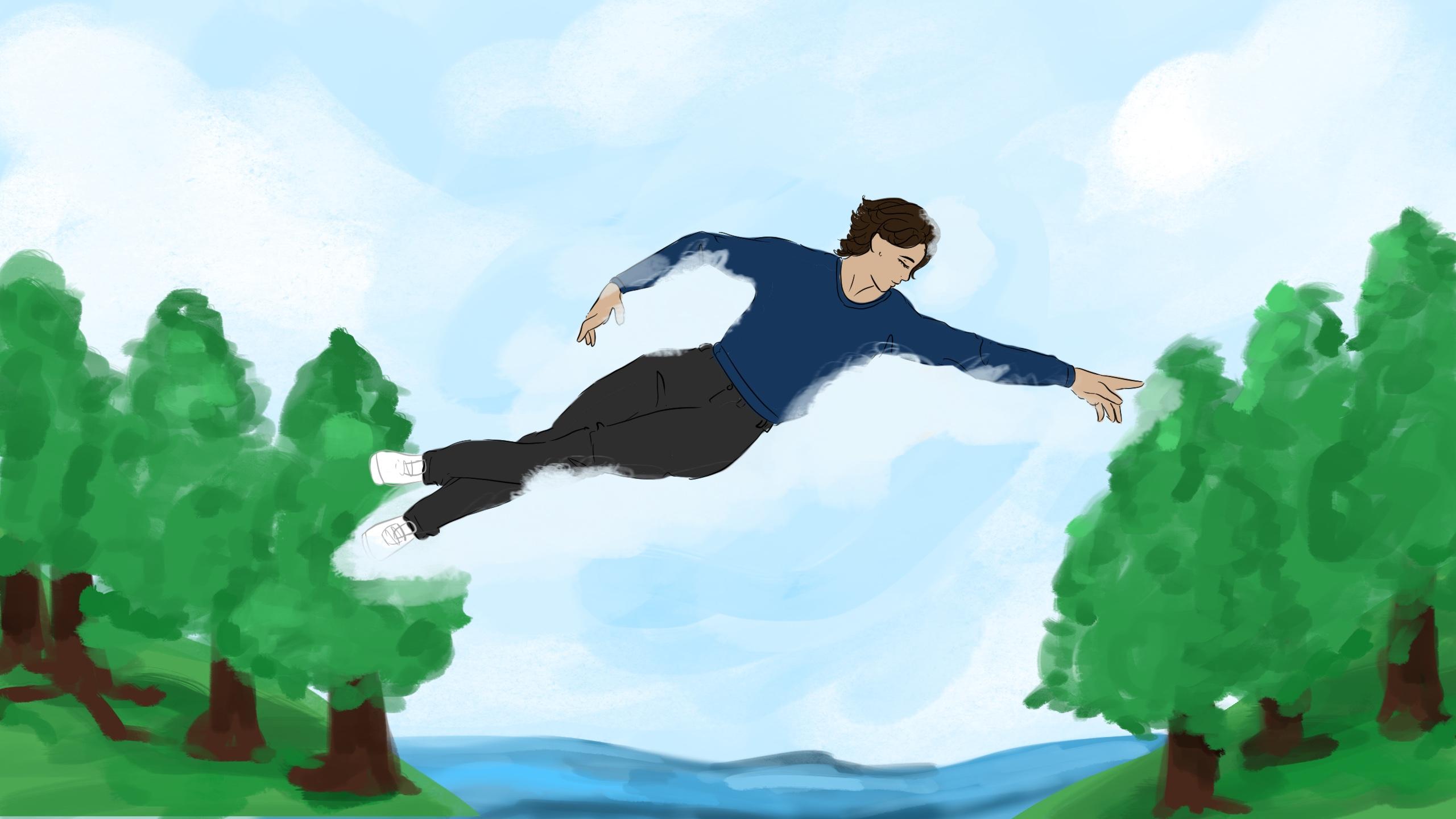



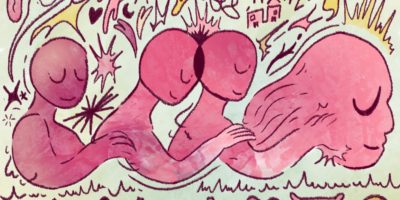
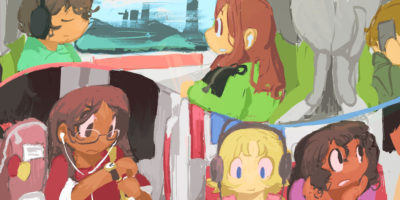

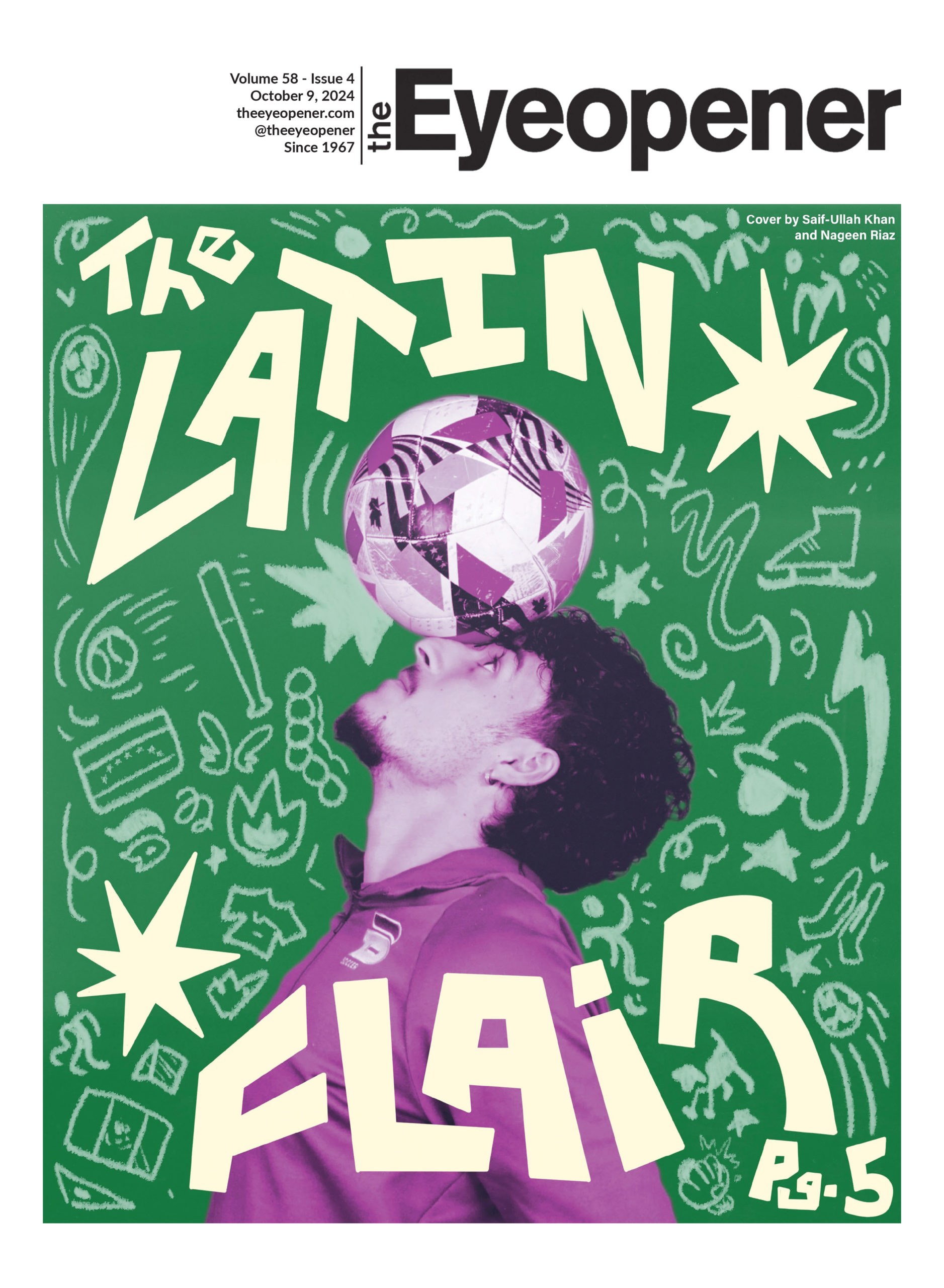
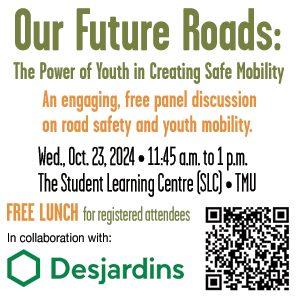
Leave a Reply